- Your cart is empty
- Continue Shopping
Levacetam Syrup is used to treat seizures (fits) associated with epilepsy, a chronic condition characterized by repeated convulsions. It is primarily used for partial-onset seizures but can also help control seizures affecting larger areas of the brain.
How It Works
Levacetam Syrup contains Levetiracetam, which slows down abnormal electrical signals in the brain that cause seizures. It targets specific brain sites responsible for abnormal activity, preventing the spread of seizure-causing signals. While it reduces seizure episodes, it does not cure epilepsy.
Uses
-
Management of Epilepsy in children and adults
-
Control of Partial-Onset Seizures
-
Adjunct Therapy to improve seizure control alongside other anti-epileptic medications
-
Control of Status Epilepticus as part of emergency management
Dosage & Administration
-
Take as directed by your doctor, usually twice a day
-
Can be taken with or without food
-
Use the provided measuring cup, syringe, or dropper for accurate dosing
-
Shake the bottle well before each use
-
Take at the same time each day for consistent blood levels
-
Do not stop the medicine suddenly without consulting your doctor
Common Side Effects
-
Daytime drowsiness, sleepiness, disturbed sleep
-
Light-headedness, dizziness, general weakness
-
Unexplained infections
-
Most side effects are mild and resolve over time
Precautions & Safety
-
Avoid if allergic to Levetiracetam or any ingredients
-
Inform your doctor if you have kidney disease, liver disease, lung disease, muscle weakness (myasthenia gravis), or sleep disorders
-
Sudden discontinuation can cause withdrawal symptoms such as anxiety, tremors, and increased heart rate
-
Monitor mood and behavior for suicidal thoughts or actions
-
Use caution in children under 16, as they may experience behavioral changes like aggression
Pregnancy & Breastfeeding
Consult your doctor before use. It is generally unsafe during pregnancy or breastfeeding unless prescribed.
Drug Interactions & Warnings
-
Taking with other anti-epileptic medications may increase drowsiness, breathing problems, or risk of coma
-
Avoid alcohol and drug abuse while on this medicine
-
Seek immediate medical attention for allergic reactions, such as rash, itching, swelling, or difficulty breathing
Lifestyle & Diet Recommendations
-
Engage in regular exercise to reduce anxiety and improve sleep
-
Practice mindfulness techniques such as yoga, meditation, or cognitive therapy
-
Maintain proper hydration and limit alcohol and caffeine
-
Include whole grains, vegetables, fruits, and antioxidants in your diet
-
Avoid processed foods, added sugar, trans-fat, and excessive salt
-
Maintain social connections for mental and emotional well-being
Storage
-
Store in a cool, dry place away from sunlight (10–25ºC, or below 30ºC)
-
Keep out of reach of children
Overdose
Taking more than the prescribed dose may cause agitation, extreme sleepiness, aggression, or decreased consciousness. Seek immediate medical attention if overdose is suspected.
Vendor Information
- Address:
- No ratings found yet!




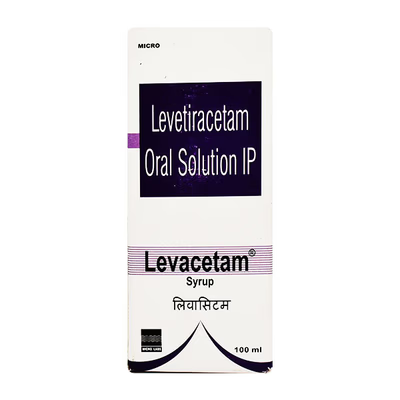
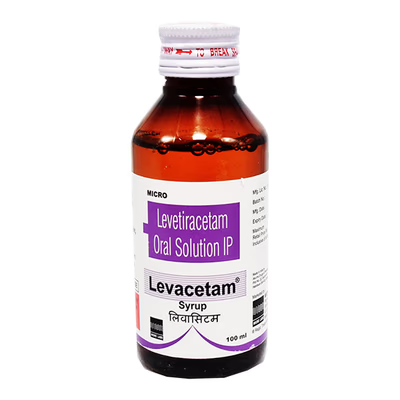
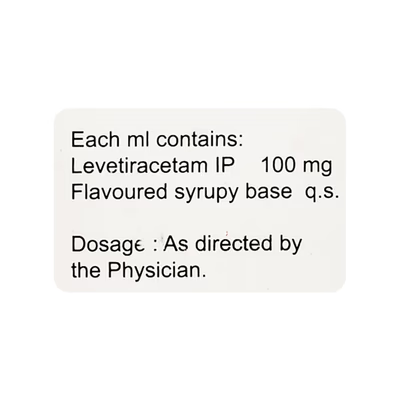
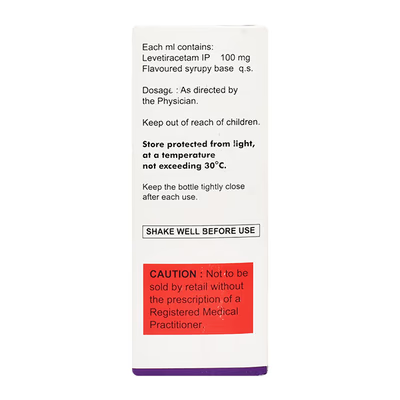
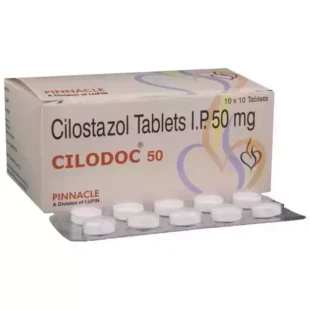
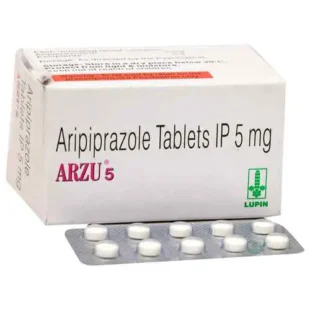
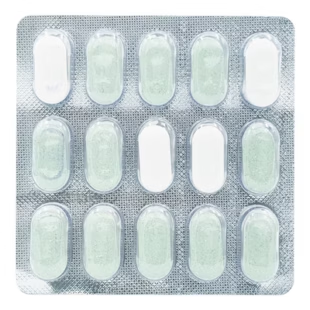
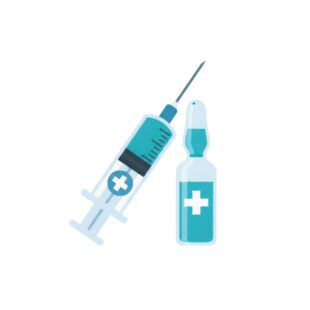
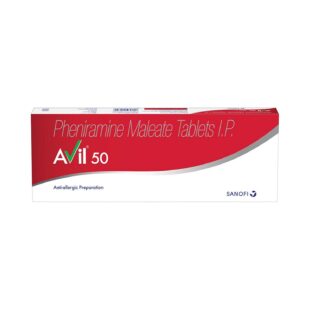

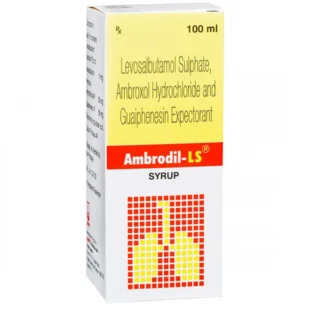
Reviews
There are no reviews yet.